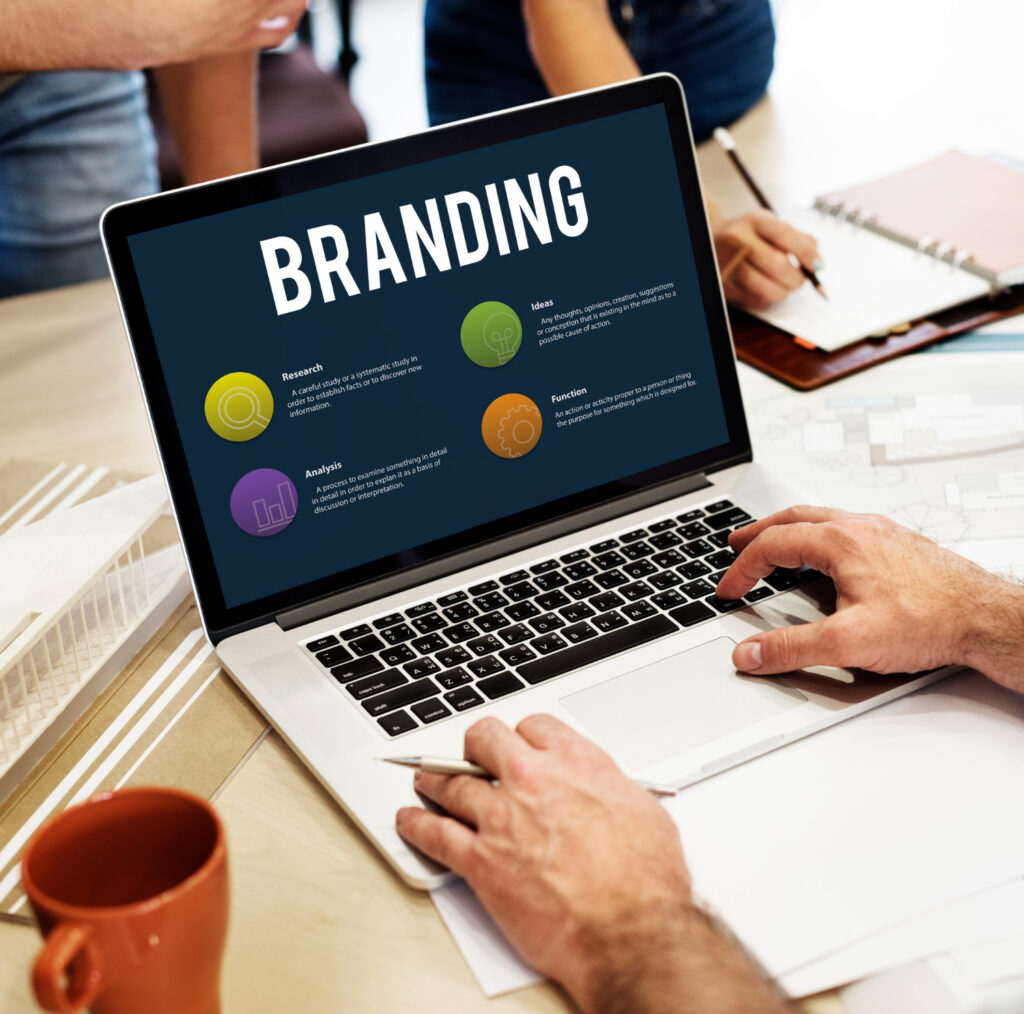Personal Branding Is Not Just for Influencers It’s for Experts Too

When people hear the phrase personal branding, most picture Instagram influencers, YouTubers, or TikTok stars. But limiting personal branding to “social media fame” is a mistake and an opportunity lost. In reality, personal branding is just as vital for doctors, lawyers, educators, consultants, engineers, or any professional who wants to be recognized for their expertise.
In this post, I’ll explain why personal branding is not just for influencers, but for experts too and why failing to build one can stall careers, limit opportunities, and even reduce industry impact.
What’s Happening in Personal Branding?
Personal branding has exploded over the past decade, largely fueled by influencer culture. According to a LinkedIn Workplace Learning Report, 81% of professionals believe having a strong personal brand makes them more competitive in the job market. Yet, many non-influencer professionals shy away from it, either because they see it as “self-promotion” or believe their expertise should speak for itself.
The reality is different: decision-makers Google you before they hire you. Clients choose consultants based not only on qualifications but also on perceived credibility. Even academics and researchers are now expected to have a digital footprint showcasing their thought leadership.
Personal branding is no longer optional. It’s the digital handshake before the real one.
My Take on Personal Branding
I believe personal branding is not about chasing likes it’s about building trust. Experts who dismiss branding are often unknowingly handicapping their reach and influence.
Think about it: a finance consultant who shares insights on LinkedIn regularly becomes the go-to voice in their niche. A lawyer who explains complex regulations in plain English on podcasts will likely attract higher-quality clients. A professor who curates research summaries on X (Twitter) builds authority not just with peers, but with policymakers and industry leaders.
Counterargument? Some professionals argue, “I don’t have time for branding; I’m focused on real work.” But here’s the truth: personal branding is real work. It amplifies the value of what you do by making it visible, accessible, and influential beyond your immediate circle.
Why It Matters
Ignoring personal branding has consequences:
- Lost opportunities. If you’re invisible online, decision-makers will default to competitors who show up.
- Limited credibility. In today’s digital-first world, credentials alone aren’t enough visibility signals trust.
- Missed impact. Without a platform, your insights don’t travel far. With branding, your expertise can shape industries, inspire movements, or drive policy.
For professionals, personal branding is not about ego. It’s about ensuring your work, knowledge, and perspective don’t get buried under the noise of less-qualified but more visible voices.
What Should Happen Next
Experts need to start treating personal branding as a career investment. Here are three actionable steps:
- Audit your digital presence. Google yourself what do you find? What would a potential client or employer think?
- Showcase expertise consistently. Write one LinkedIn post a week, record a short video, or contribute to an industry blog.
- Build credibility, not clout. Share case studies, explain your methodology, highlight results not just opinions.
When done with integrity, personal branding becomes less about “selling yourself” and more about “sharing value.”
Personal branding is no longer the domain of influencers. It is a professional necessity for anyone who wants their expertise to be seen, trusted, and impactful.
So the question is: will you let your expertise stay hidden, or will you give it the platform it deserves?
Want more strategies on building your authority as an expert? Subscribe to my newsletter for weekly insights on personal branding, thought leadership, and professional growth.
